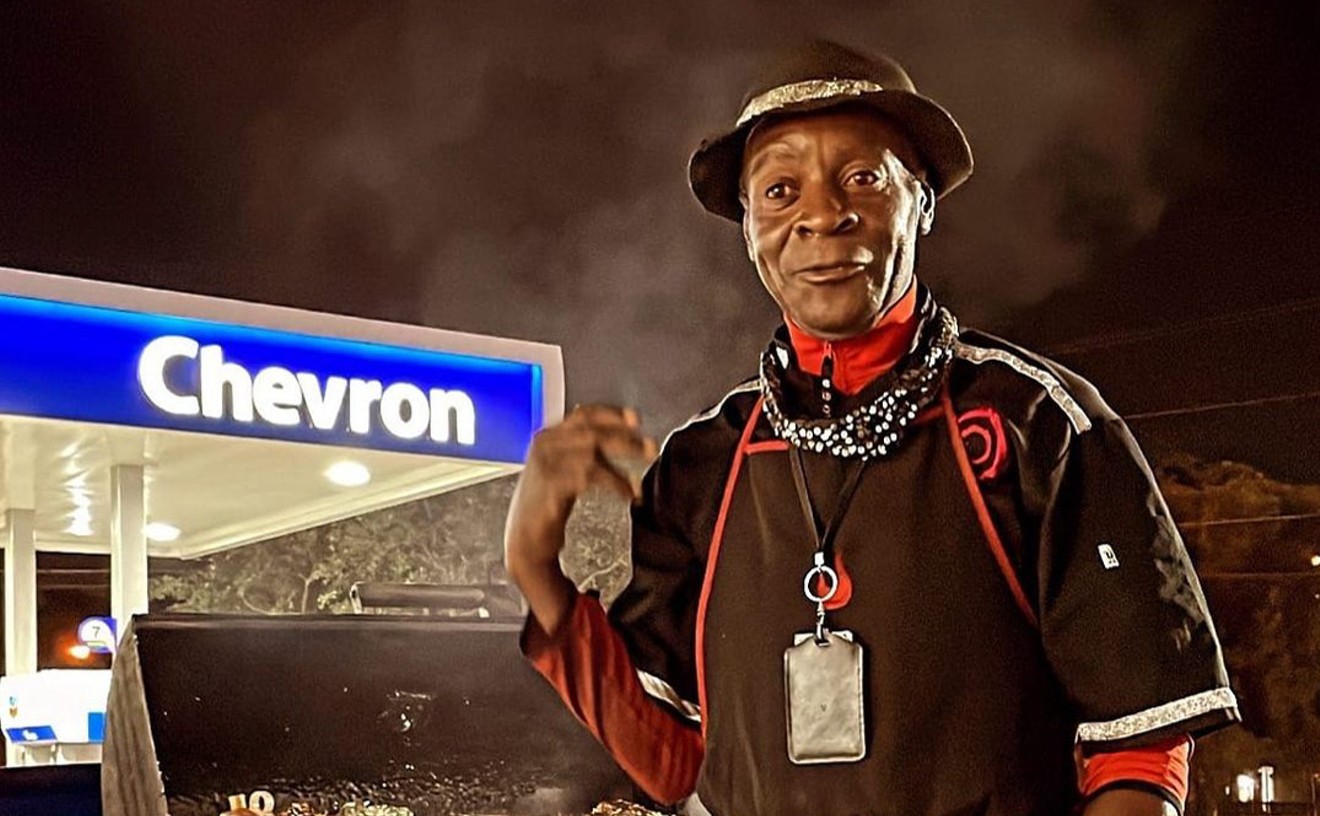Extraordinary Measures is a race-against-time thriller in which a desperate dad (Brendan Fraser) sacrifices everything to cure a rare disease that's seconds away from killing his kids. Extraordinary Measures is also a heartwarming tale about a disgruntled doc (Harrison Ford) who throws in with a biotech startup fronted by...well, a desperate dad who sacrifices everything to cure a disease that's killing his kids. Either way, this sort of true-life tale adapted from a 2003 Wall Street Journal story and a follow-up book feels decidedly small-screen.
It's notable solely for the performance of exec producer Harrison Ford, who shepherded the material to fruition after first discovering the story of John Crowley, who quit his job as a financial consultant, raised millions in venture capital to start a biotech firm that he sold for many millions more, all to find a cure for his children, who suffered from the rare Pompe disease. Ford's character in the film, a University of Nebraska scientist named Robert Stonehill, did not exist in real life; Ford, itching for a good part, spent years researching the researchers to craft what he calls "a dramatic foil" for Crowley. Let's just let him explain.
What's interesting about Stonehill is that he is the very definition of unlikable—almost callous.
It's rare to find a character like that [in] those scripts that come across my desk. That was one of the fruits of those efforts as a producer—to create a character that I wouldn't likely be able to find.
When you say the characters that come across your desk aren't necessarily the ones that most intrigue you, does that mean you have to seek them out independent of agents and studios?
That system where the studio invests a lot of money in development, those days are gone. For me, especially my age range of characters I can play, it's a worthwhile investment of my time. I can continue to feed opportunistically and find things to do.
If a character intrigues you enough, would you want to play that regardless of how good the movie might be?
Yes and no. I mean, I have done that in the past, and it's not the most gratifying way of doing things. Every once in a while, I've done something where I made the choice to not become involved in the script and not become involved except with the character I'm playing. Show up, do my work, and go home. And I have not often liked the result.
I guess I'm more interested in having a more hands-on approach than simply being a gun for hire. But I like to be able to assure myself that the product that I'm going to be involved with is worthy of the audience that I'm lucky enough to work for.
So what you describe, from the sound of it at least, is putting someone's interest ahead of your own—whether it's the audience, the filmmaker, or the studio.
When I was a contract player for $150 a week, no one gave a fat rat's ass about what I thought. "Just shut up, and say the lines, and don't bother me anymore" was the normal experience. So it was a long time before the success and opportunity, before I began to effect the work that I did. And it became a lot more gratifying and interesting. You know at that point I had earned the right to open my mouth because I was making more than $150 a week.
It's intriguing when you talk about character and storytelling ownership, because, of course, you have created a body of work full of icons. There are 6-year-old boys who adore a 67-year-old man.
The reason I'm still working is that succeeding generations of kids have been introduced by their parents to these films. The Stars Wars films, the Indiana Jones films—they're family films. As it becomes age-appropriate, parents are anxious to share their experiences with these films with their kids, and those kids become aware of who I am at a certain point. And that has been very, very good to me.










